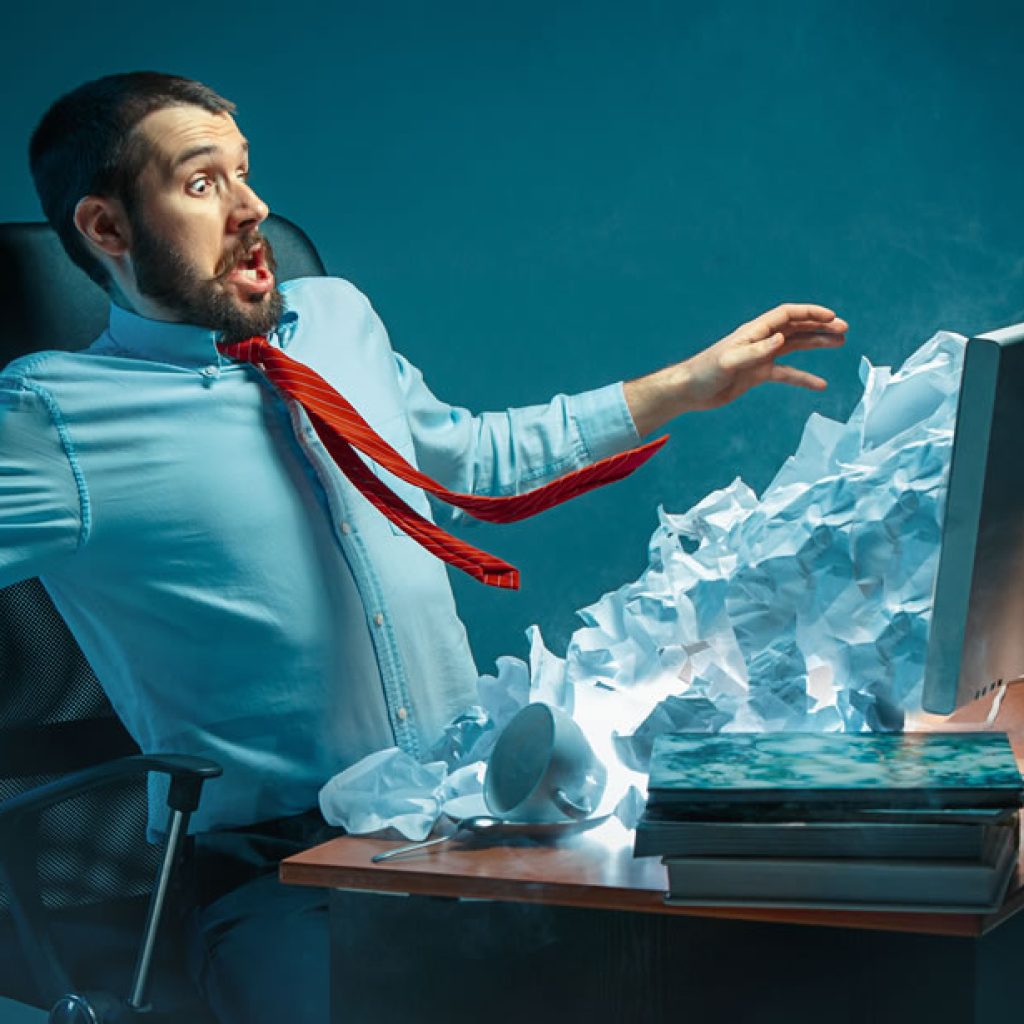How to Avoid Email Fatigue: Tips for Keeping Your Inbox and Sanity Intact

In our hyper-connected world, email has become a foundation component of personal and professional communication.
However, managing an overflowing inbox can be overwhelming at times, leading to what’s commonly known as email fatigue. This feeling of exhaustion and irritation can directly affect productivity and your mental well-being.
Fortunately, there are several strategies that you can easily implement to manage your email and avoid fatigue.
1. Set Specific Times for Checking Email
One of the most effective ways to combat email fatigue is to schedule specific times to check your inbox – and stick to those times. Don’t react to every notification (better yet – turn them off), designate two or three periods during the day for managing emails. This helps you to maintain focus on other tasks without the constant interruption and the need to reply instantly.
2. Unsubscribe from Unnecessary Newsletters
Over time, our inboxes can become cluttered with newsletters and promotional emails that we no longer find valuable. Take the time to unsubscribe from these distractions so you only see the emails that you want. Reducing the volume of incoming mail not only declutters your inbox but also decreases the load of having to process irrelevant information.
3. Implement Email Filters and Labels
Most email services offer powerful tools for organizing your inbox through filters, labels, and rules. By setting up rules that automatically sort incoming emails, you get to prioritize important messages and categorize others for later viewing. This keeps your inbox tidy and ensures that important emails are not lost in the shuffle.
4. Adopt the Two-Minute Rule
This is my favourite rule for managing emails. Using David Allen’s “Getting Things Done” methodology, the two-minute rule states that if an action can be done in two minutes or less, it should be done immediately. Apply this rule to your email management; if you can reply to an email in two minutes, do it right away. This prevents small tasks from piling up and becoming daunting over time.
5. Consider Alternative Communication Tools
Sometimes, email isn’t the most efficient form of communication. For quick discussions or urgent matters, use tools like Slack or Microsoft Teams if possible. These platforms facilitate faster and more interactive dialogues without the formalities and delays of lengthy email exchanges.
7. Take Regular Digital Detoxes
Every once in a while, give yourself a break from all digital communications, including emails. Set aside times, such as weekends or evenings, where you disconnect from your various digital devices. This short “detox” will help reset your mental state and reduce the collective stress of constant connectivity.
The system you use to manage your emails is crucial in preventing email fatigue. By adopting the strategies above, you can maintain a cleaner inbox, improve your productivity, and safeguard your mental health.
Remember, the goal is to control your email so that it doesn’t control you.

